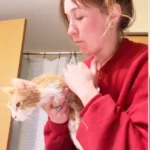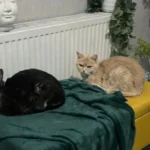Understanding why some cats are more prone to anxiety than others is a topic of considerable interest among pet owners and scientists alike. While cats are generally seen as independent animals, some display signs of anxiety that affect their behavior and quality of life. This article delves into the various factors contributing to feline anxiety and provides insights to help pet owners better understand and manage these stressors.
Understanding Feline Anxiety
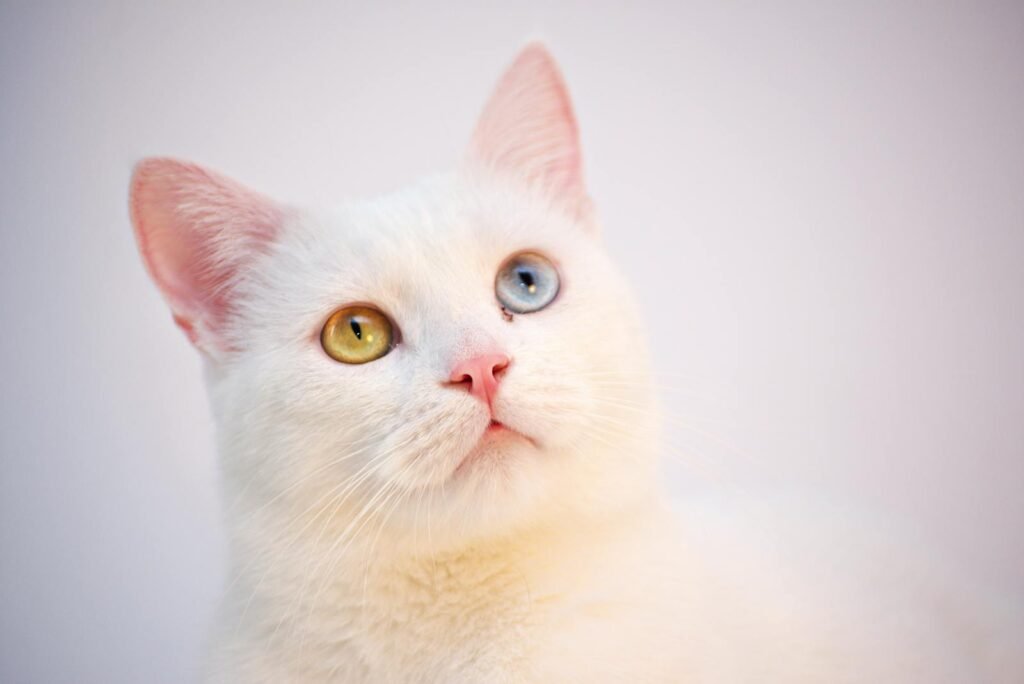
Anxiety in cats manifests in various forms, from subtle behavioral changes to more overt signs like aggression or constant hiding. Recognizing anxiety symptoms is crucial for timely intervention. Common signs include excessive grooming, vocalization, destructive behavior, and changes in appetite or litter box habits.
The Role of Genetics
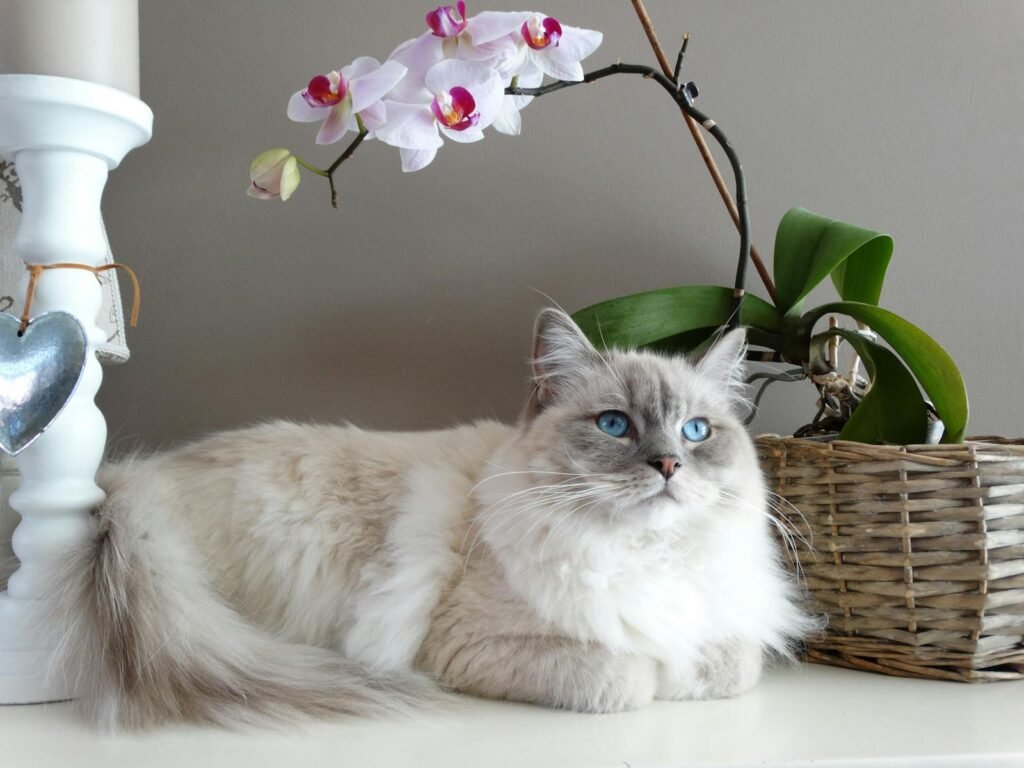
Genetics play a significant role in feline anxiety. Some breeds, like Siamese or Burmese, are predisposed to anxiety due to their genetic makeup. Selective breeding practices over generations may lead to inherited traits that make certain cats more vulnerable to stress.
The Impact of Early Life Experiences
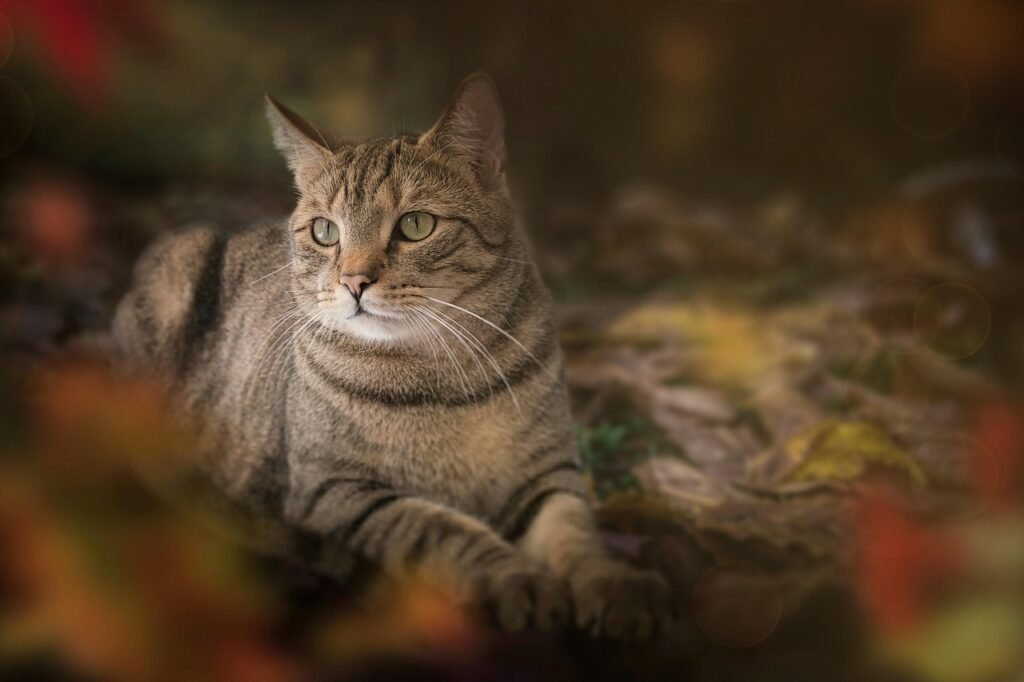
Early life experiences are crucial in shaping a cat’s behavior. Kittens separated from their mothers too soon or those who experience neglect can develop anxiety. Socialization during the critical developmental window (between 2 to 7 weeks) is essential for a well-adjusted adult cat.
The Influence of Environment
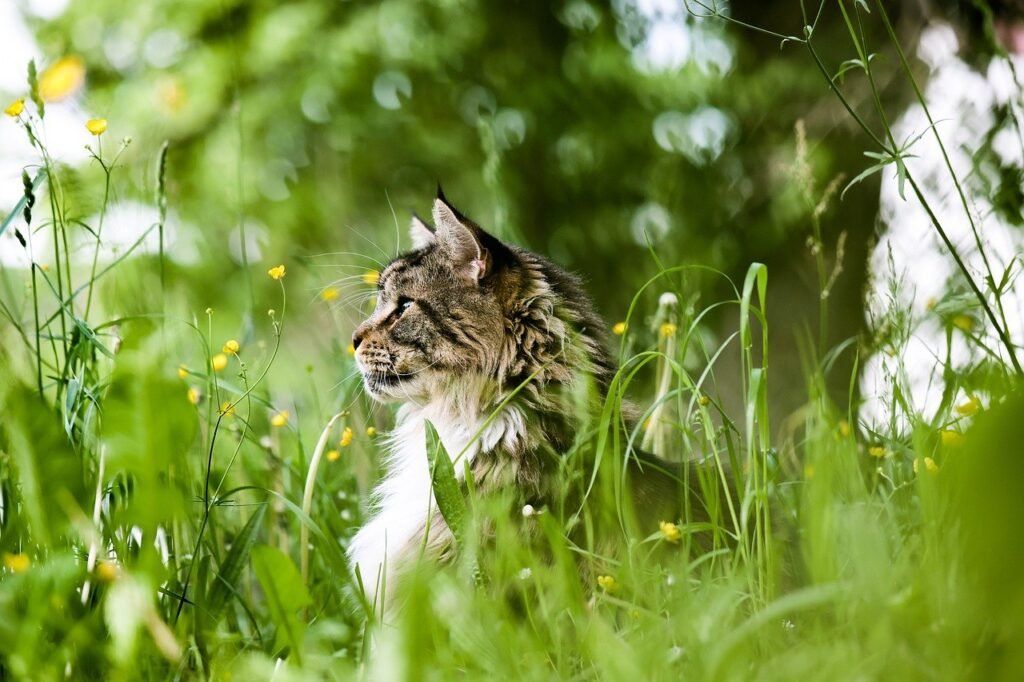
A cat’s immediate environment can significantly impact its stress levels. Cats subjected to loud noises, frequent changes in living situations, or insufficient stimulation may develop anxiety. Providing a stable, enriched environment with opportunities for play and exploration can mitigate these stressors.
The Contribution of Health Issues
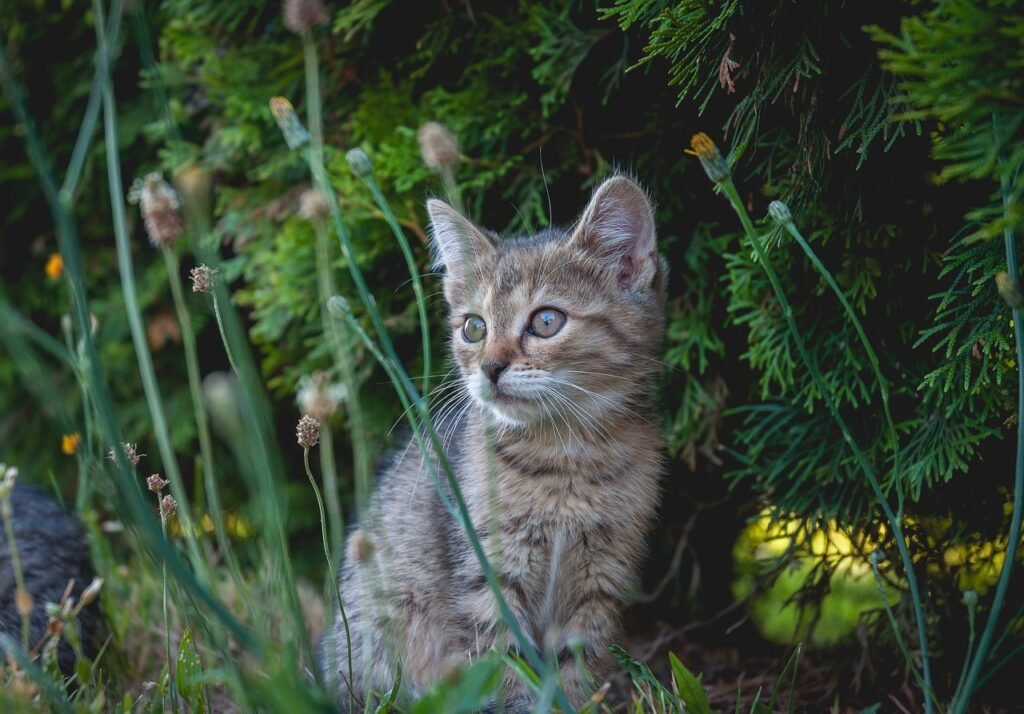
Underlying health issues can exacerbate anxiety in cats. Conditions like hyperthyroidism, chronic pain, or urinary tract infections can make a cat more irritable or anxious. Regular veterinary check-ups are essential to rule out health problems that might contribute to anxiety.
Human Influence on Feline Anxiety
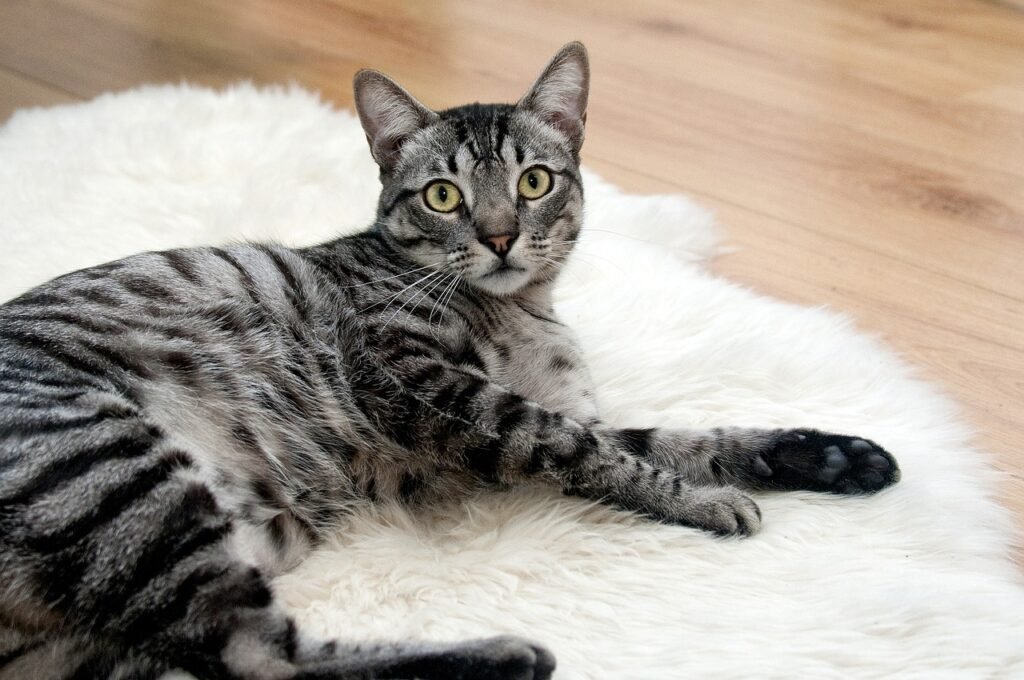
A cat’s relationship with its owner can also influence its anxiety levels. Stressful interactions, lack of attention, or inconsistent routines can increase a cat’s stress. Cats are sensitive to human emotions, and tensions in the household can further amplify their anxiety.
The Role of Socialization
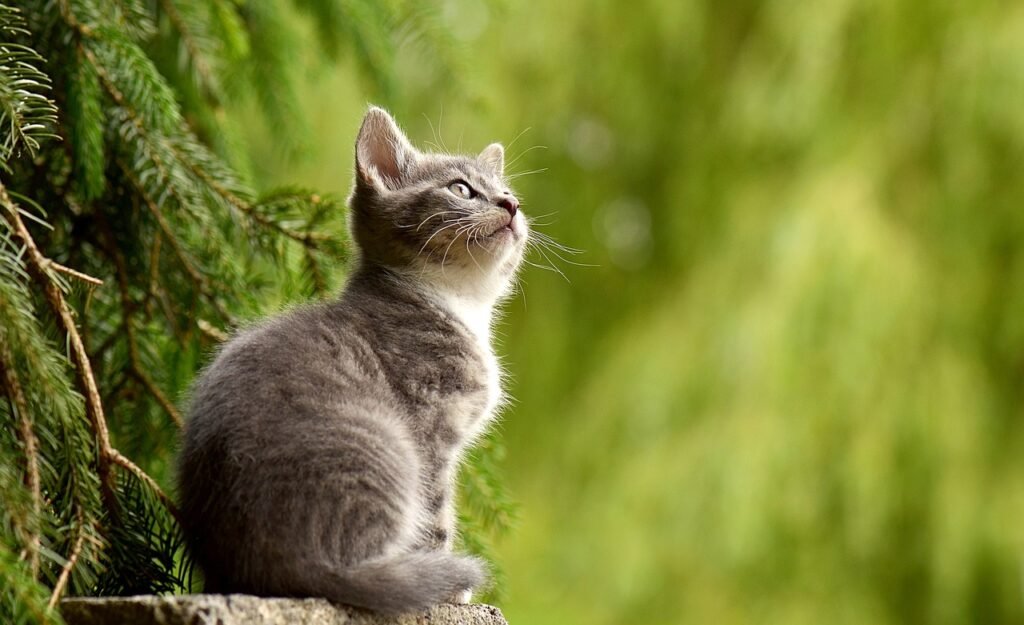
Socialization history can greatly affect a cat’s anxiety levels. Cats that have limited interactions with other animals or humans may exhibit fear or aggression when faced with novel situations. Encouraging positive encounters can help reduce anxiety and build confidence.
Behavioral Differences Among Cats
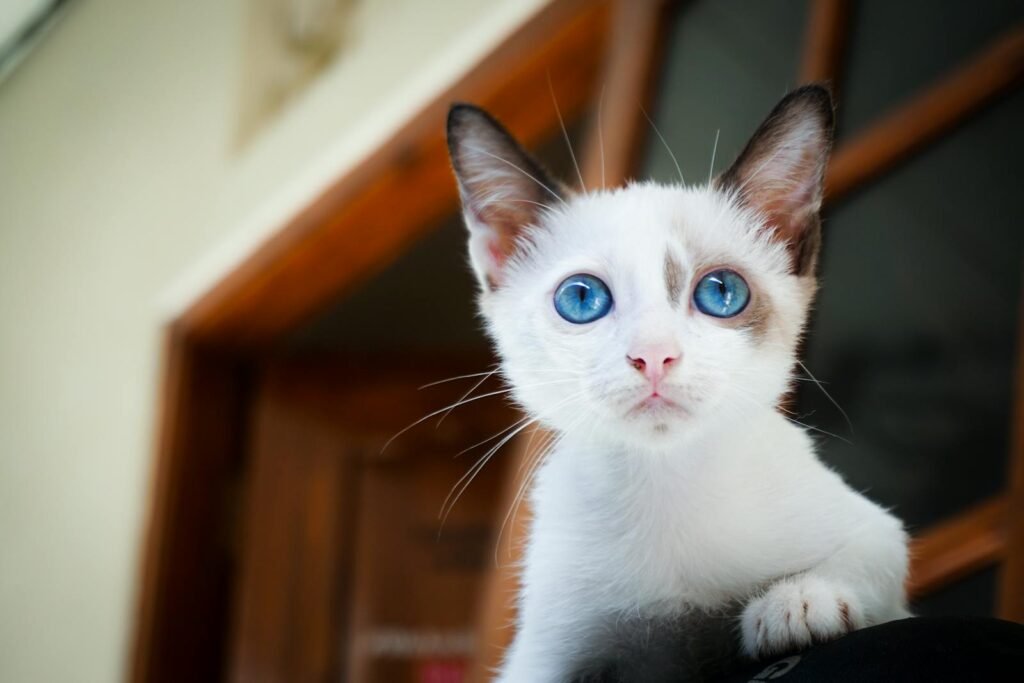
Every cat has a unique personality, and some are naturally more skittish or timid than others. Recognizing and respecting a cat’s individual personality can help manage anxiety. Gradual exposure to new experiences and creating safe spaces within the home can aid these naturally anxious cats.
Strategies for Managing Feline Anxiety
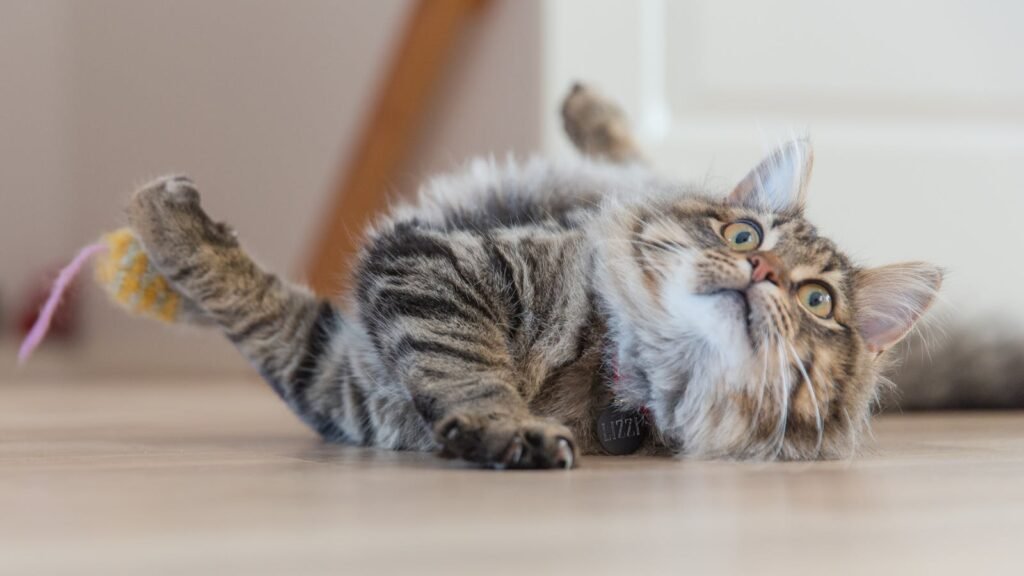
Managing feline anxiety involves a multifaceted approach tailored to the individual needs of the cat. Techniques can include environmental enrichment, pheromone therapy, consistency in routine, and in some cases, dietary supplements or medications prescribed by a veterinarian.
Conclusion: Enhancing Cat Well-Being
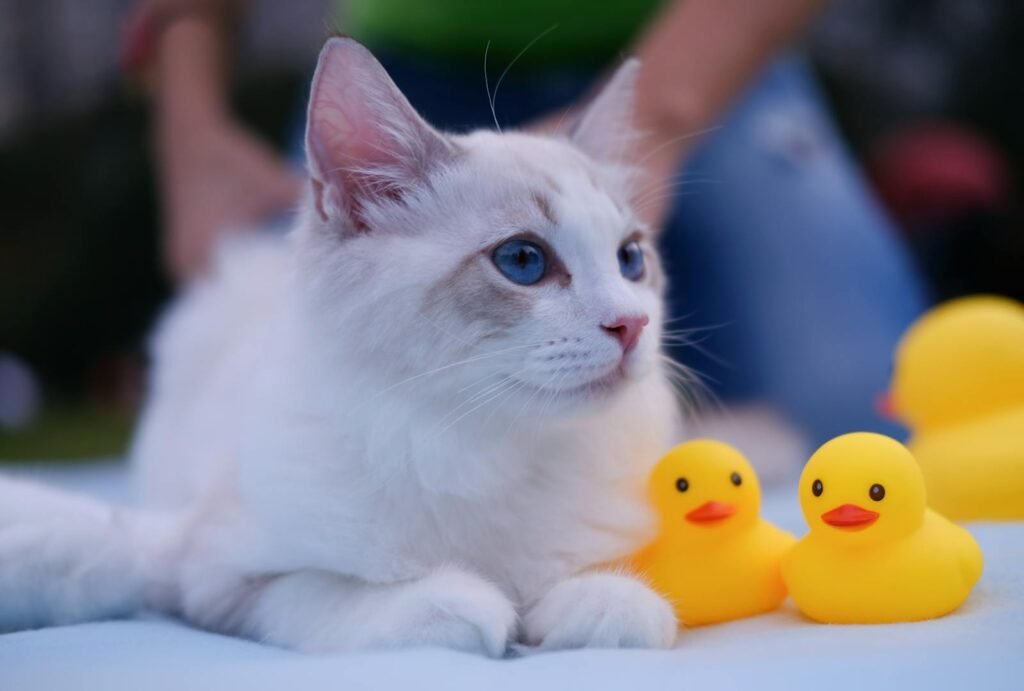
Understanding the reasons behind a cat’s anxiety is the first step towards improving its well-being. By acknowledging the various factors from genetics to environment, pet owners can better address the needs of their feline companions and create an atmosphere in which they can thrive. Ensuring a stable, enriched environment, along with attentive care, can significantly reduce anxiety and promote a healthier, happier life for cats.
Hi, I’m Bola, a passionate writer and creative strategist with a knack for crafting compelling content that educates, inspires, and connects. Over the years, I’ve honed my skills across various writing fields, including content creation, copywriting, online course development, and video scriptwriting.
When I’m not at my desk, you’ll find me exploring new ideas, reading books, or brainstorming creative ways to solve challenges. I believe that words have the power to transform, and I’m here to help you leverage that power for success.
Thanks for stopping by, Keep coming to this website to checkout new articles form me. You’d always love it!

